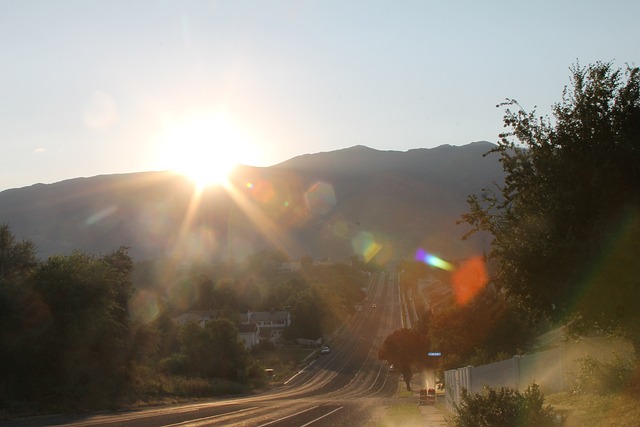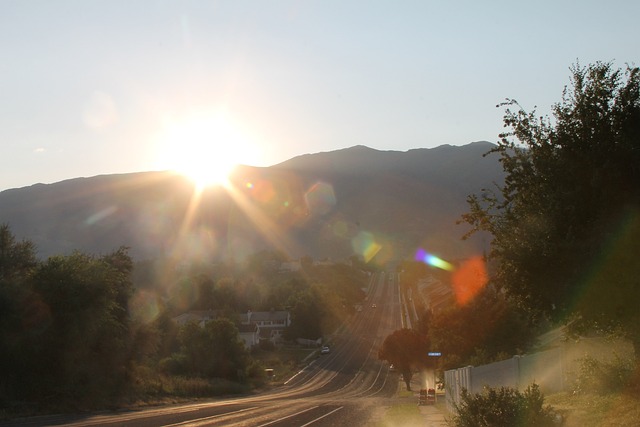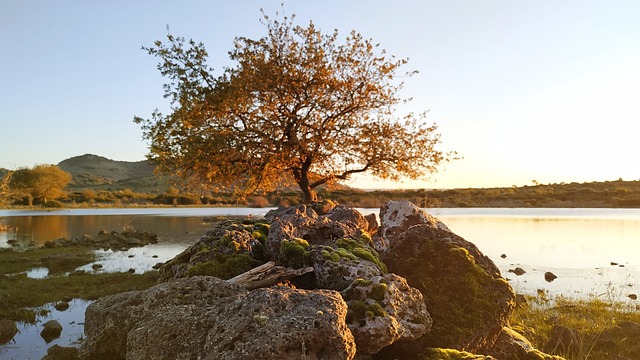Preserving historical roots in real estate drives market trends, enhances community dynamics, and adds unique appeal, commanding premium prices due to their character and sense of belonging they offer. Pioneer heritage is a powerful tool for developers, attracting buyers seeking authentic connections and contributing to the preservation of cultural history. Strong traditional values shape communities, influencing local markets and property prices, fostering social cohesion and creative ventures. Upholding traditions through restoration or urban planning creates stable, appealing environments where properties retain their value over time.
In a world where modernity thrives, delving into the historical tapestry woven by traditional values offers a unique perspective for real estate markets. This article explores how pioneer heritage and cultural traditions impact community development and property values. From preserving historical roots to leveraging unique selling points, we uncover the profound influence of traditional values on modern real estate practices. Discover how these timeless principles continue to shape urban landscapes and foster vibrant communities.
Preserving Historical Roots: How Traditional Values Shape Real Estate Markets

In the realm of real estate, preserving historical roots is more than just a nostalgic pursuit; it’s a driving force shaping market trends and community dynamics. Traditional values deeply ingrained in specific regions often become defining characteristics that attract buyers and tenants. For instance, areas known for their architectural heritage or rich cultural history command premium prices due to the unique appeal they offer. These historical elements not only add character to properties but also foster a sense of belonging among residents.
When traditional values are upheld through meticulous restoration projects or thoughtful urban planning, it creates a stable and appealing environment. This stability translates into robust real estate markets, where properties with strong historical roots tend to retain their value better over time. Moreover, the preservation of pioneer heritage can become a key selling point for developers, architects, and marketers, ensuring that the unique identity of a place remains an integral part of its future growth and development.
Pioneer Heritage: A Unique Selling Point for Real Estate Developers

Pioneer heritage represents a unique selling point for real estate developers, offering a distinct advantage in today’s competitive market. As buyers seek authentic and meaningful connections to their communities, embracing and showcasing local history can set apart a property development. This strategy taps into the rich cultural tapestry of a region, fostering a sense of belonging and nostalgia among potential residents.
Real estate professionals can highlight pioneer heritage through thoughtful design elements, historical storytelling, and preserving original architecture. By integrating these aspects seamlessly into marketing campaigns, developers create a compelling narrative that resonates with buyers who value tradition and local identity. Such an approach not only attracts a specific demographic but also contributes to the preservation of cultural history within modern living spaces.
The Impact of Cultural Traditions on Community Development and Property Values

Cultural traditions play a pivotal role in shaping community development and real estate values. The unique heritage and customs of a region often become defining factors for its residents, fostering a sense of belonging and identity. This sense of place significantly influences local real estate markets. For instance, areas with strong traditional values may attract buyers seeking authentic experiences, driving up property prices in neighbourhoods that embody these cultural traits.
Communities celebrating their pioneer heritage can witness enhanced social cohesion and a thriving local economy. These traditions often inspire creative ventures, artisan businesses, and cultural events that become key attractions for residents and tourists alike. As a result, properties within such communities may command premium prices due to their association with rich history, vibrant culture, and a high quality of life. This interplay between tradition and real estate highlights the intrinsic value of preserving cultural heritage in community development initiatives.






